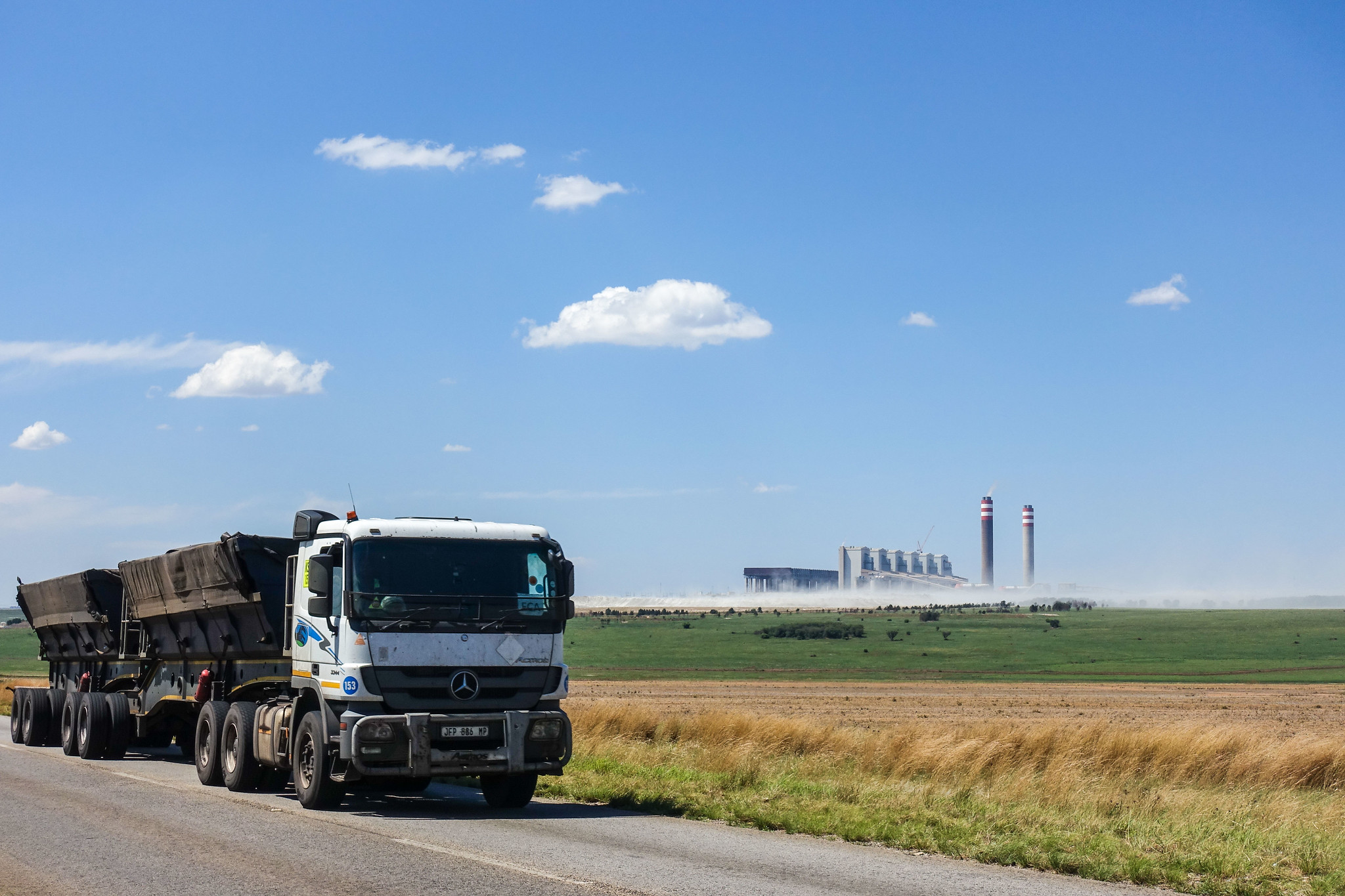03 December 2023 South Africa Pavilion, COP28, Dubai
A conversation with South African leaders from government, business, civil society, and philanthropy to unpack some of the key questions around the existing and needed private sector social standards across South Africa’s JETP value chain (supply, demand, finance), as well as the related private sector actors, relationships, and feedback loops that drive the country’s energy system.
Recording now available here.

Just Energy Transition Partnerships (JETP) are fast becoming a go-to model for national-level decarbonisation initiatives. They are also a new, untested, and so far ad-hoc model with enormous implications for the human rights of local workers, communities, indigenous groups, and consumers.
Analysis of South Africa’s lessons learned so far, the most advanced of the JETP countries to date, have focused largely on the public finance dimensions of JETP formulation and technical initiation. However, it will be the private sector that ultimately delivers each JETP in the medium and long-term, both in terms of financing and industrial systems change.
This session will unpack some of the key questions around the existing private sector social standards at play across South Africa’s JETP value chain (supply, demand, finance), as well as the related private sector actors, relationships, and feedback loops that drive the country’s energy system.
The aim is to elevate discussion around the roles and responsibilities of the private sector. Specifically, the role of the private sector to support delivery of the justice and equity outcomes envisaged in the JETP whilst also ensuring respect for human rights and prevention of adverse impacts in the process.
Speakers
Haley St. Dennis
Head of Just Transitions Programme, IHRB
Sue Lund
Head, Just Energy Transition Investment Plan Projects Management Unit (JETIP PMU) in The Presidency
Shameela Soobramoney
CEO, National Business Initiative (NBI)
Claude Kabemba
Executive Director, Southern Africa Resource Watch
Vuyiswa Sidzumo
Director, Southern Africa, Ford Foundation
About the Co-Hosts
The African Climate Foundation (ACF): Established in 2020, ACF is the first African-led strategic grant-maker working at the nexus of climate change and development. We believe that change cannot be brought about by one party acting alone. We actively pursue, support and foster strong partnerships and platforms for collaboration. Through incremental sectoral, regional and national interventions, we adopt a two-track approach premised on high-level political and technical engagements while also building strong grassroots coalitions and movements. | www.africanclimatefoundation.org
Institute for Human Rights and Business (IHRB): IHRB’s mission is to make respect for people and planet part of everyday business in order to achieve a more just, regenerative global economy. We deploy a mix of human rights-based research, engagement, and collaborative action with businesses, governments, financial actors, and representatives of civil society in order to shape policy, advance practice, and strengthen accountability. We have developed a track record of independent analysis as well as constructive interventions and collaborative engagement with all constituencies, earning a reputation as a trusted organisation committed to working with all actors to identify practical solutions and approaches needed to effect positive change. | www.ihrb.org
The Ford Foundation: The Ford Foundation is an independent organization working to address inequality and build a future grounded in justice. For more than 85 years, it has supported visionaries on the frontlines of social change worldwide, guided by its mission to strengthen democratic values, reduce poverty and injustice, promote international cooperation, and advance human achievement. Today, with an endowment of $16 billion, the foundation has headquarters in New York and 10 regional offices across Africa, Asia, Latin America, and the Middle East. | www.fordfoundation.org



